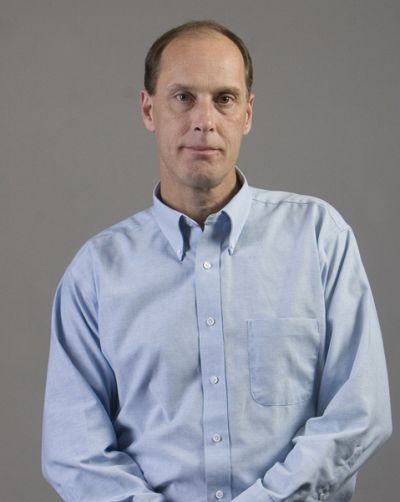
Background
Davies' research studies the control of the development of complex bacterial communities known as biofilms. These communities represent a higher order of structure and function than is found when bacteria are grown traditionally in broth cultures. Biofilm communities are responsible for much of the biological activity attributed to bacteria in the wide range of habitats occupied by these biochemically complex microorganisms. Davies' lab is currently investigating the bacterium Pseudomonas aeruginosa, perhaps the most abundant organism on the planet, and one that is found predominantly in biofilms. Davies is interested in how this organism changes the regulation of biofilm-specific genes during the four stages of biofilm development. His research includes investigating the influence of specific genes such as those involved in cell-to-cell communication on the production of the matrix polymer material that is responsible for cementing biofilm bacteria to surfaces and for maintaining the integrity of the biofilm architecture. He also researches the mechanisms by which Pseudomonas biofilms are "autodispersed" in an effort to develop methods by which biofilm disruption can be reproducibly induced. The disruption of biofilms is of major importance in medicine where treatment of biofilm infections has proved to be generally ineffective. In another area of his research, he looks at the protein profile or "proteome" of the bacteria during the biofilm developmental process in order to characterize the phenotypic changes that are experienced by the bacteria and to help reveal targets for agents that will interfere with normal biofilm development.
Education
- PhD, MS, Montana State University
- BA, Rochester Institue of Technology
Research Interests
- Microbiology
- Bacterial physiology
- Biofilm research